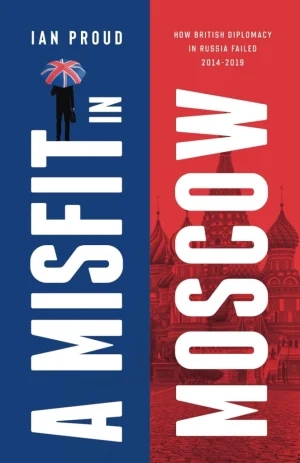Following Questionable Election, Honduran Government Debuts New Censorship Law
By Tim Cushing | TechDirt | April 19, 2018
The masterplan for censorship: follow up a highly-questionable election with a “cybersecurity” law granting the government power to shut down critics and dissenting views. That’s what’s happening in Honduras, following the reinstallation of Juan Orlando Hernandez as president following an election “filled with irregularities.”
The new law mandates the policing of “hate speech,” as defined by a government that would love to see its critics deprived of an online platform. Whatever the government declares to be hateful must be taken down within 24 hours. Failure triggers fines and third-party platforms will be held responsible for content created by users.
While the new law does not directly target the social media platforms, activists say: “In its current state, it requires any service or website that includes user-generated content to process complaints and remove “hate speech” or discriminatory content within 24 hours.”
“Should online intermediaries fail to do so, their services could be fined or blocked. The latest draft of the bill also creates a national cybersecurity committee to receive reports and relay them to websites and companies, and to develop policy strategies on issues ranging from cybercrime to hate speech and fake news,” Javier Pallero, Digital Rights activist focusing on the Latin American region explained, according to Access Now.
The threat of $50,000 fines and an impossible timeframe will likely result in proactive policing of content, resulting in removal of posts not covered by the law. Whatever social media companies don’t remove ahead of requests will be removed shortly after receiving demands from the Honduran government. Between the two, it’s unlikely much dissenting speech will survive. This will be especially effective against local providers and small companies without the legal manpower to fend off Honduran censorship attempts.
The so-called “cybersecurity” law won’t make anyone but the government more secure. Anti-government activists have been routinely targeted by the Honduran government, some of which have been jailed indefinitely in violation of Honduran due process laws. Others have experienced more direct physical attacks and/or undergone torture in an attempt to deter them from future criticism. This law does nothing more than attempt to turn social media companies into compliant partners of Honduran government abuse.
The few dissenting voices in Honduras have been amplified by social media platforms. This is what the law aims to take away. In addition to vague guidelines on hate speech, the government is also seeking to punish those who support opposition forces or express sympathy for victims of incarceration, torture, or government-ordained murder.
The law which would severely hamper the media’s work includes Article 335-B, under which journalists can be sentenced to eight years in prison for “defending, justifying, or glorifying” terrorism.
The proposed law has been heavily criticized by international human rights organizations, like the Inter-American Commission on Human Rights (IACHR) which has warned the bill could be used to “sanction the work of human rights defenders.”
Murder isn’t an exaggeration. Since Hernandez’s reelection, 35 protesters have been killed by government forces and more than 1,000 have been detained. In addition, nighttime raids of alleged anti-government protesters by police forces have become routine, despite the country’s laws limiting warrant service to daylight hours.
Any law regulating speech should be examined closely to determine the motivating factor. In some cases, it’s more benign — a misguided attempt to solve a problem that can’t be solved through censorship. In other cases, the legislative wording may be benign, but the malicious intent all too apparent. That’s the case here and in several other countries, where terms like “cybersecurity,” “terrorism,” and “hate speech” have been thrown around as a smokescreen for targeted oppression of government critics.
No comments yet.

Leave a comment